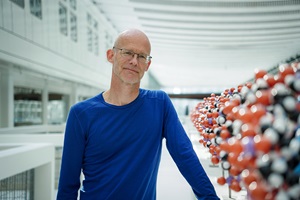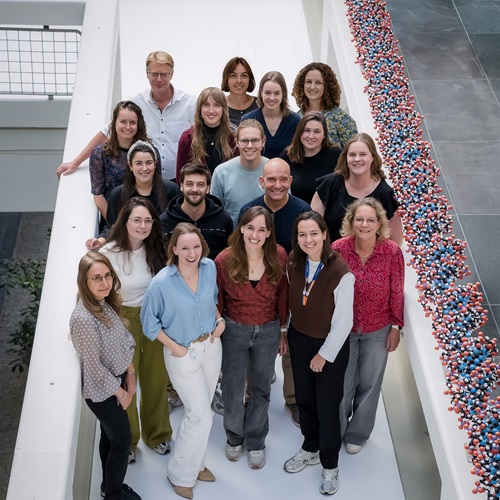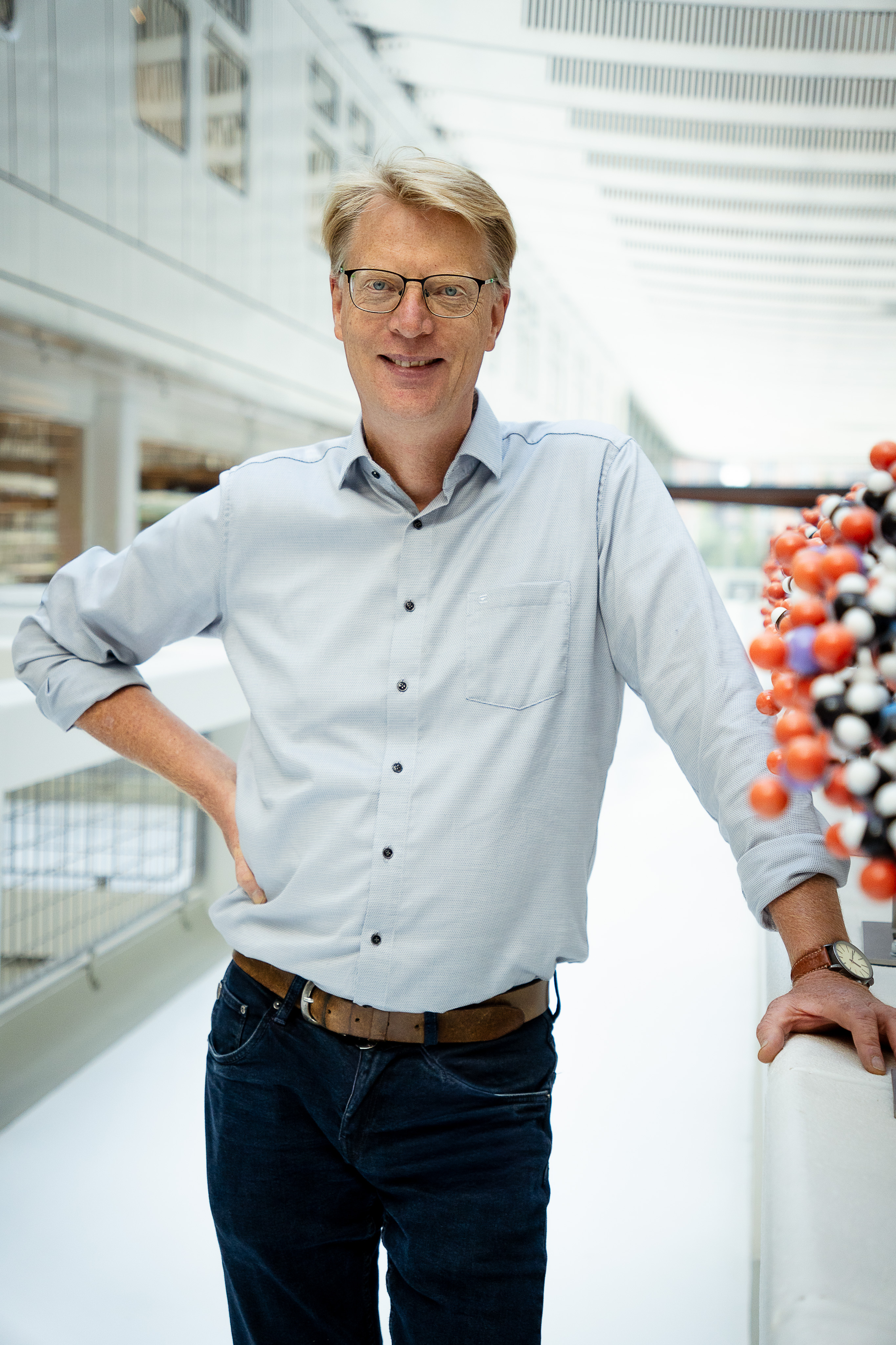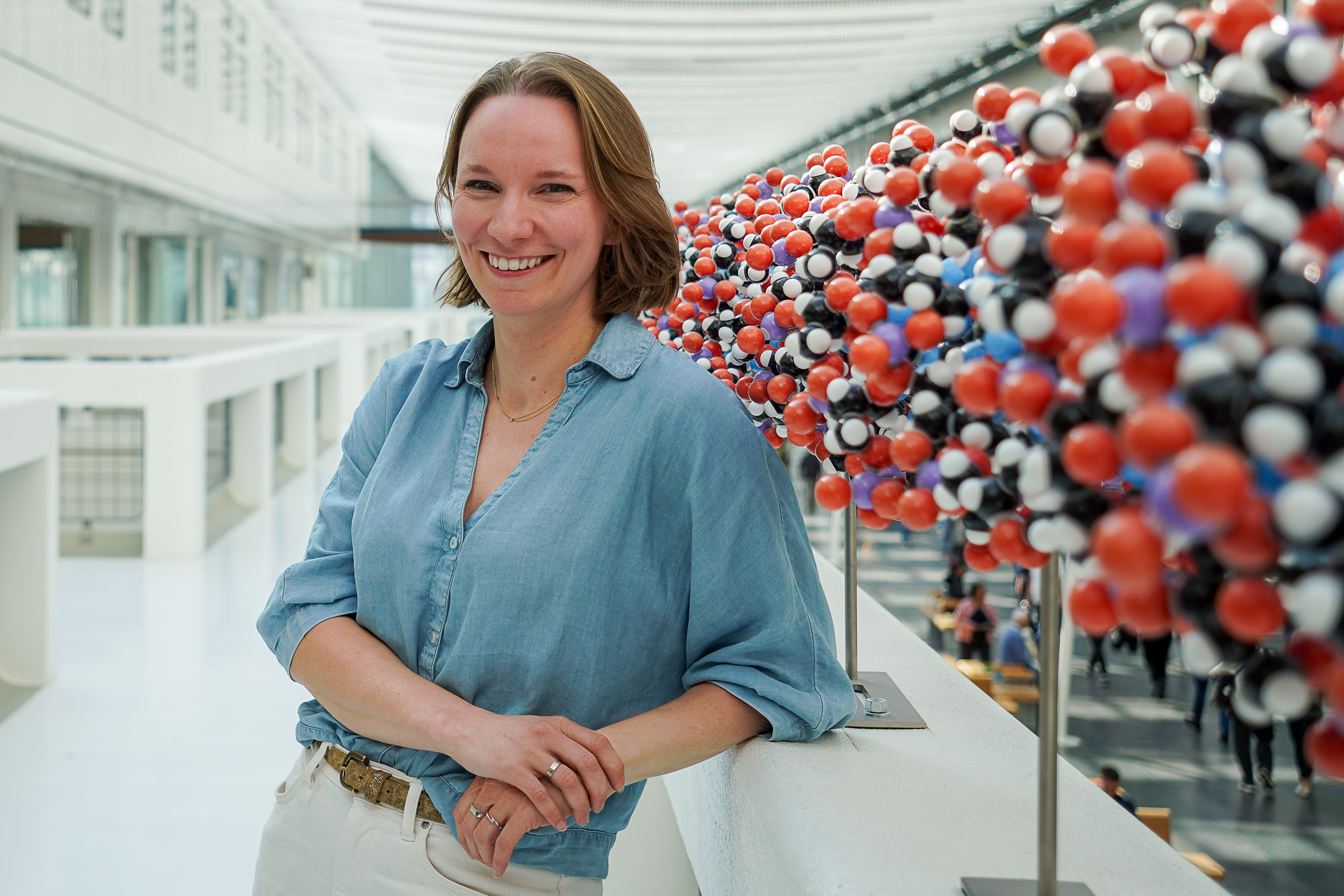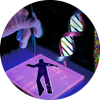About our research group/lab
Our research
Genetic Neurodevelopmental Disorders
Individuals with neurodevelopmental disorders (NDD) often present with severe developmental delay, autism and epilepsy. These NDDs affect 1% of the population and often have a genetic basis. Treatment are either unavailable or focusing on symptom management, rather that targeting the disease at its source. Our lab aims to improve our understanding of these disorders, with the ultimate goal to develop targeted treatments and improve the quality of life of affected individuals. Our translational research is divided in three research lines: (1) Improving genetic diagnosis, (2) Understanding the molecular mechanisms underlying NDDs, and (3) Developing targeted therapies.
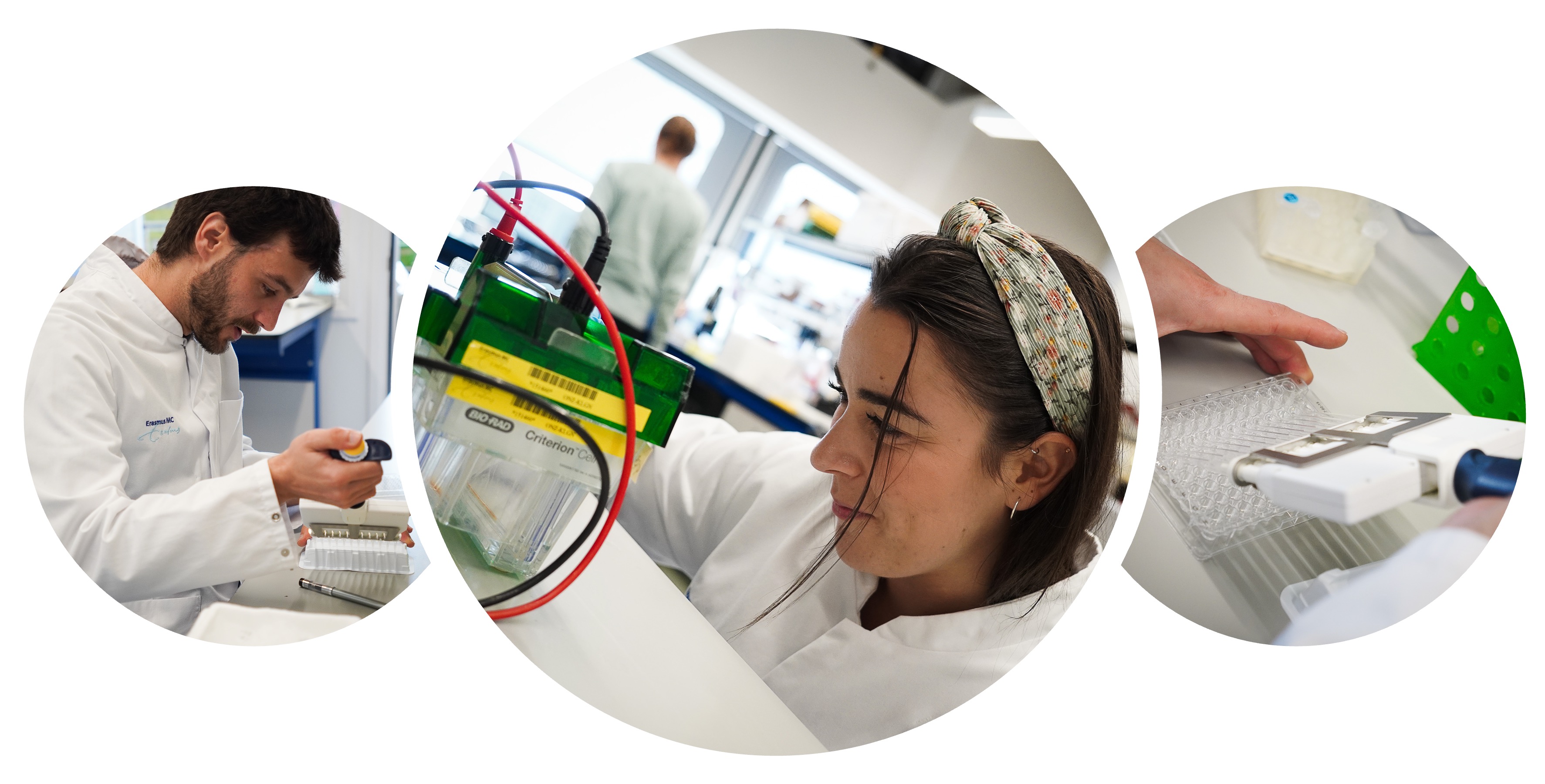
Improving diagnosis
To improve genetic diagnosis, we use of functional assays to assess the pathogenicity of genetic variants of unknown significance. Together with the Van Woerden lab we developed a functional genomics screen (PRiSM) (www.functionalgenomics.nl) to determine if a genetic variant is pathogenic. This screen is not only important for providing a diagnosis, but also allows us to get more insight in the genes involved in neurodevelopment.
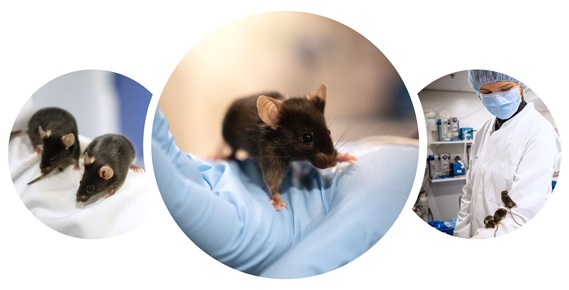
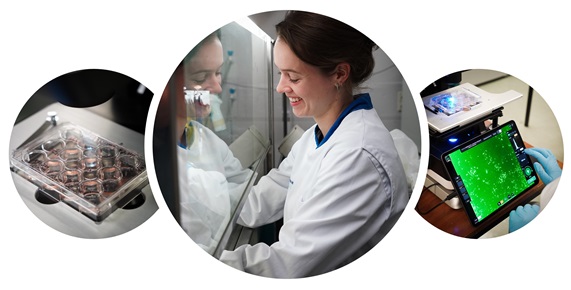
Unravelling molecular and cellular mechanisms
To get more insight in the pathophysiology of neurodevelopmental disorders, we use genetically engineered mouse models. Through analysis at the biochemical, cellular (electrophysiological),and behavioral level, we try to understand the role of these genes and their corresponding proteins in brain development, learning, and memory. In addition, we use patient-derived induced pluripotent stem cells (iPS cells) to study these disorders in a human neuronal context. Our studies specifically focus on genes and proteins associated with the RAS-ERK-MTOR signaling pathway and the ubiquitin-proteasome complex.
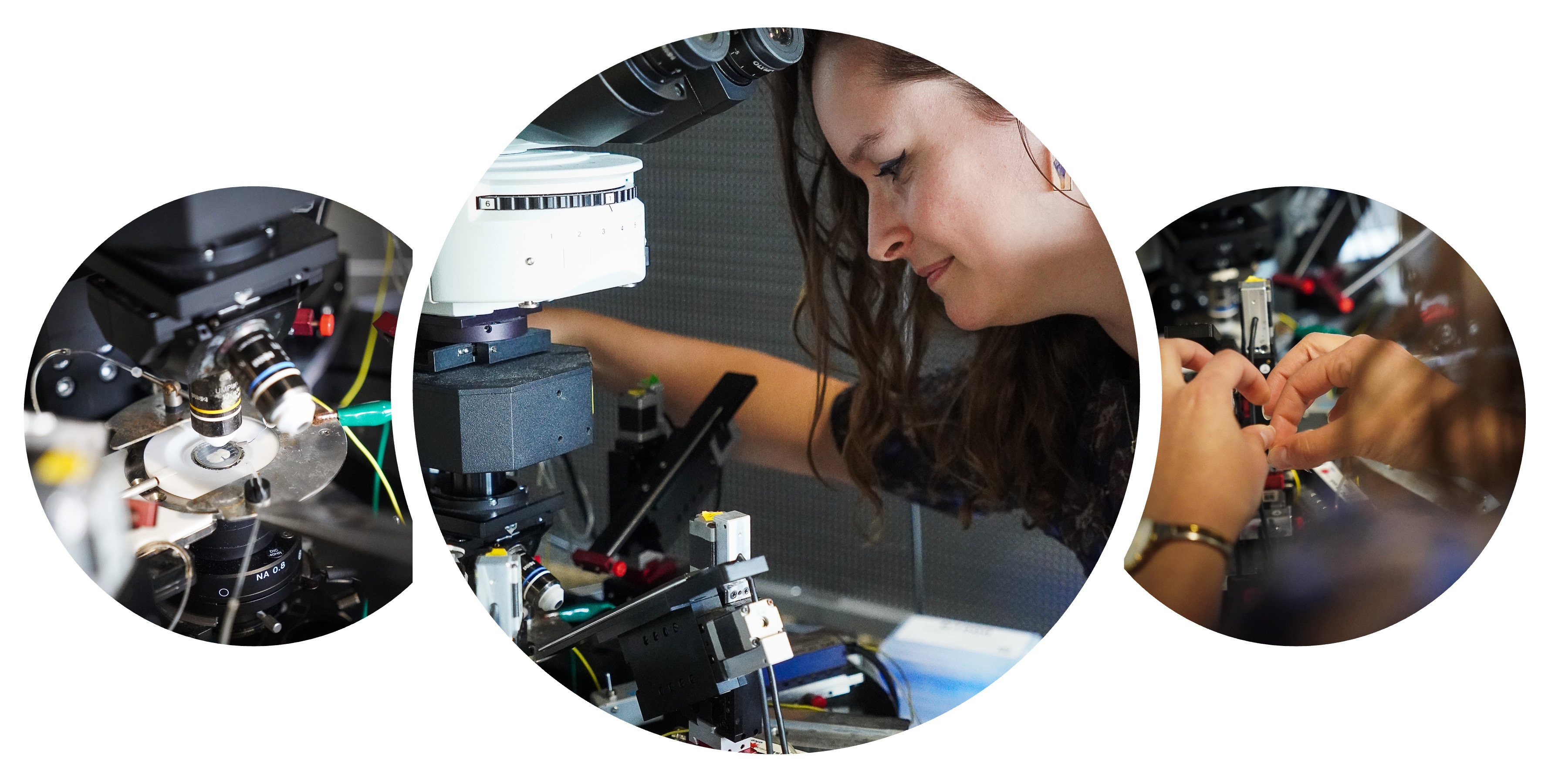
Developing targeted treatments
The ultimate goal of our research is to develop targeted treatments, addressing rare genetic NDDs at their source. We specifically focus genetic treatment strategies, including antisense oligonucleotide (ASO), an RNA-based therapies that target the defective RNA. We participate in the Dutch Center for RNA Therapeutics (DCRT; www.rnatherapy.nl), the TAILORED consortium, and the international N=1 collaborative www.n1collaborative.org.
Integrated in the ENCORE expertise center for neurodevelopmental disorders (www.encore-expertisecentrum.nl), we can translate our findings directly to the those affected. ENCORE has (amongst others) a large expertise outpatient clinic for Angelman Syndrome, RASopathies, and mTORopathies.
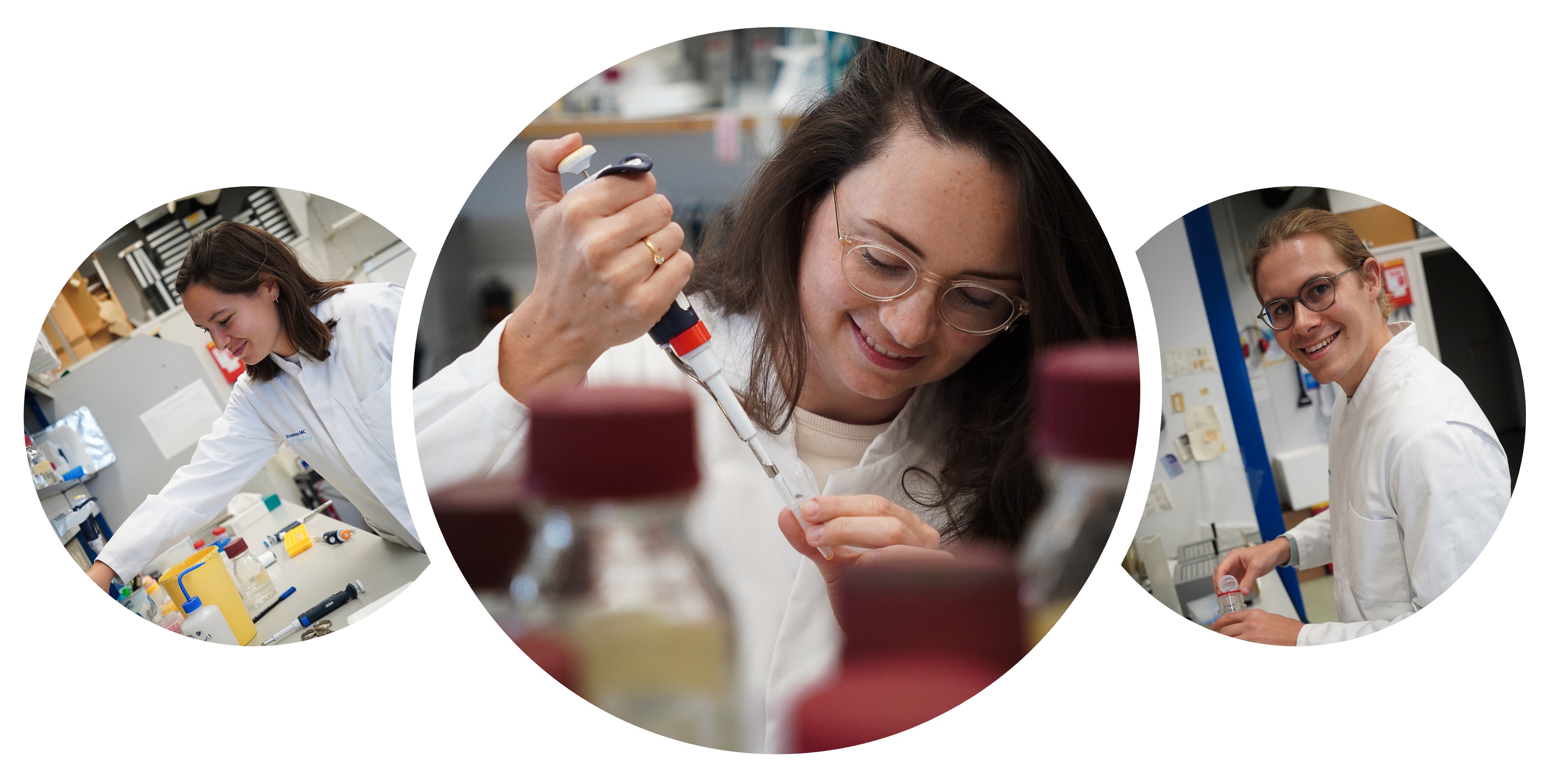
Key Publications
See for all publications: Ype Elgersma
- UBE3A reinstatement restores behaviorand proteome in an Angelman syndrome mouse model of imprinting defects. Milazzo, C. et al. Mol. Autism 16, 45 (2025).
- Lamotrigine for cognitive deficits associated with neurofibromatosis type 1: A phase II randomized placebo‐controlled trial. Ottenhoff, M. J. et al. Dev. Med. Child Neurol. 67, 537–549 (2025).
- Modeling mTORopathy-related epilepsy in cultured murine hippocampal neurons using the multi-electrode array. Heuvelmans, A. M. et al. Exp. Neurol. 379, 114874 (2024).
- HNRNPC haploinsufficiency affects alternative splicing of intellectual disability-associated genes and causes a neurodevelopmental disorder. Niggl, E. et al. Am. J. Hum. Genet. 110, 1414–1435 (2023).
- UBE3A expression during early postnatal brain development is required for proper dorsomedial striatal maturation. Rotaru, D. C., Wallaard, I., Vries, M. de, Bie, J. van der & Elgersma, Y. JCI Insight 8, (2023).
- Molecular and behavioral consequences of Ube3a gene overdosage in mice. Punt, A. M. et al.. JCI Insight 7, (2022).
- A cross-species spatiotemporal proteomic analysis identifies UBE3A-dependent signaling pathways and targets. Pandya, N. J. et al. Mol. Psychiatry 27, 2590–2601 (2022).
- Identifying the temporal electrophysiological and molecular changes that contribute to TSC-associated epileptogenesis. Koene, L. M. C. et al. Jci Insight 6, e150120 (2021).
- Dual-isoform hUBE3A gene transfer improves behavioral and seizure outcomes in Angelman syndrome model mice. Judson, M. C. et al. Jci Insight 6, e144712 (2021).
- Secreted retrovirus-like GAG-domain-containing protein PEG10 is regulated by UBE3A and is involved in Angelman syndrome pathophysiology. Pandya, N. J. et al. Cell Reports Medicine 2, 100360 (2021).
- TAOK1 is associated with neurodevelopmental disorder and essential for neuronal maturation and cortical development. Woerden, G. M. et al. Hum Mutat (2021).
Collaborations
Collaboration within Erasmus MC
- Van Woerden lab, Erasmus MC.
- Femke de Vrij lab, Erasmus MC.
Collaboration outside of Erasmus MC
Career opportunities
We welcome motivated researchers at all career steps. If you are interested in our research, and would like to discuss possibilities for internships or PhDs positions, please contact us at therapieopmaat@erasmusmc.nl.
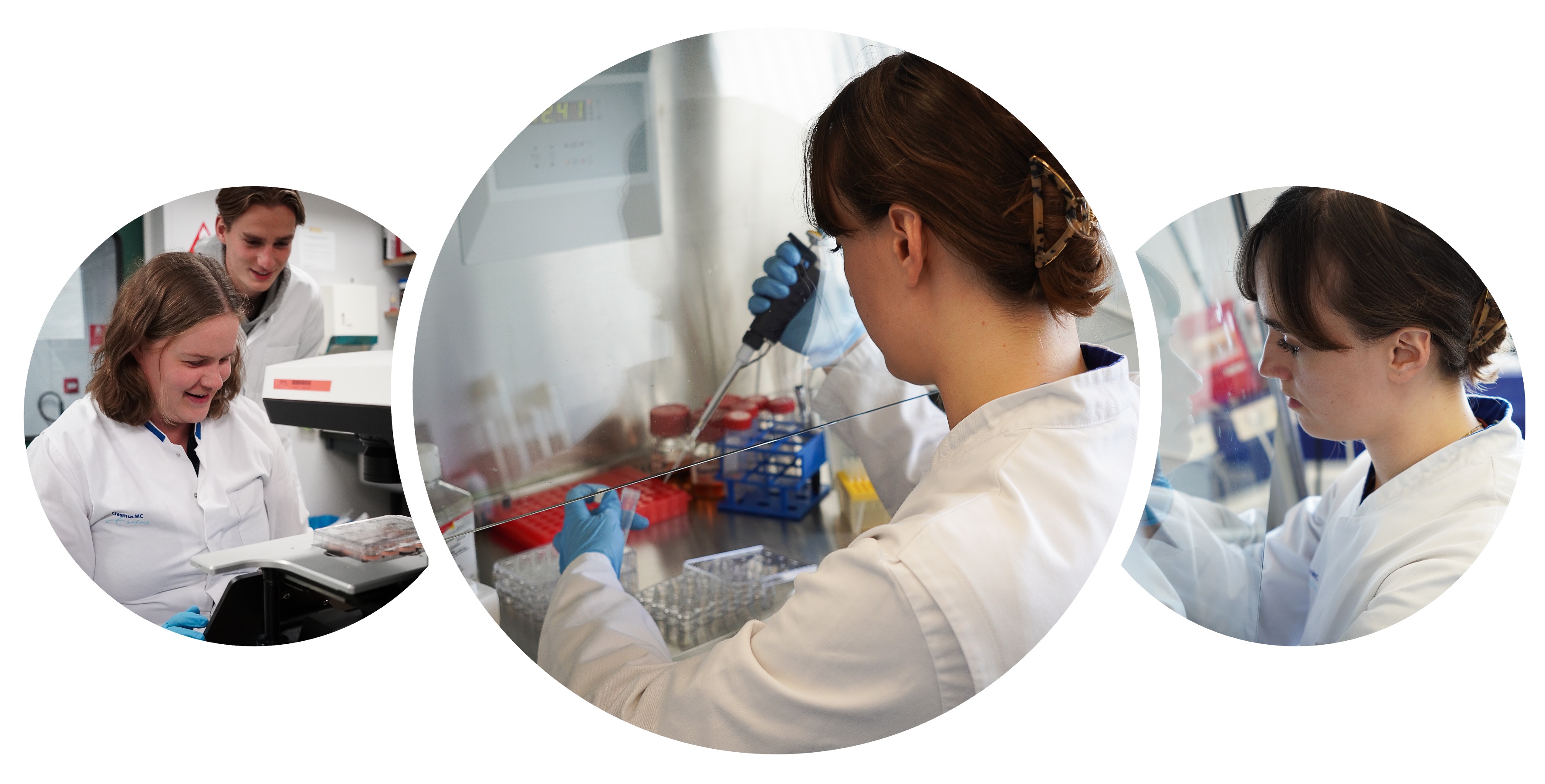
Our team
- Ype Elgersma Prof. dr. PI; Dept. Head of Research and Education.
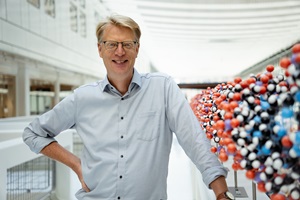
- Ben Distel dr. Associate professor.
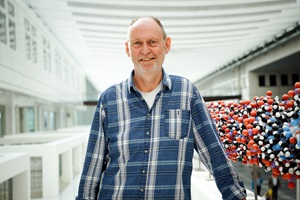
- Edwin Mientjes dr. Assistant professor.
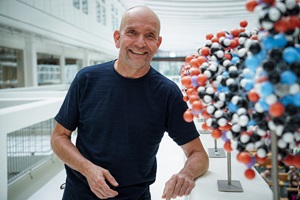
- Annelot van Esbroeck dr. Assistant professor.
.jpg?h=200&w=300&hash=84CD4B22BC1CB8DFA7D0B85844B0F15D)
- Eva Niggl BSc/MSc PhD student.
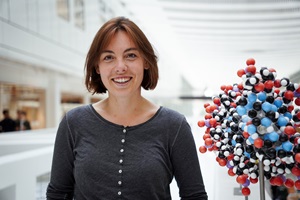
- Anouk Heuvelmans BSc/MSc PhD student.
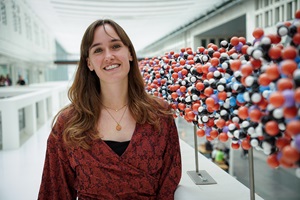
- Emilio Harris-Mostert BSc/MSc PhD student.
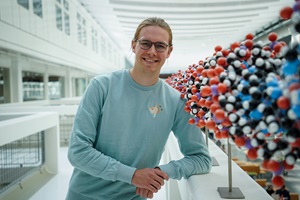
- Rosan Lechner BSc/MSc PhD student.
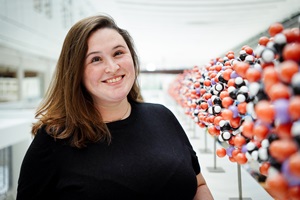
- Kim Marneth BSc/MSc PhD student.
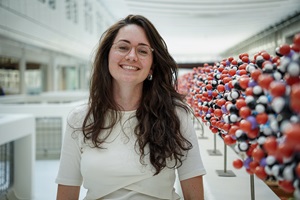
- Nadine Maas BSc/MSc PhD student.
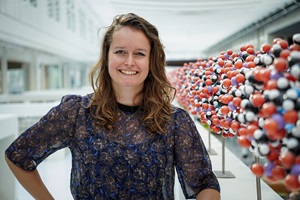
- Dana Vervloet BSc/MSc PhD student.
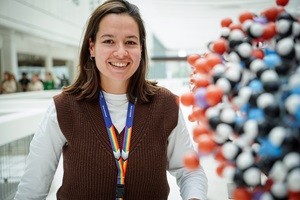
- Federica Pedrucci BSc/MSc PhD student.
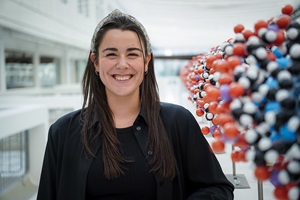
- Amy van Hattem BSc/MSc PhD student.
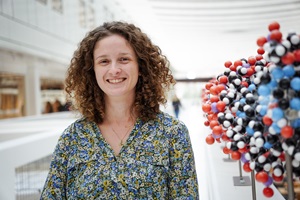
- Lianne Beuk BSc/MSc PhD student.
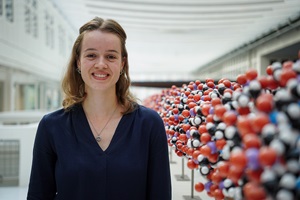
- Minetta Elgersma Bsc Research technician.
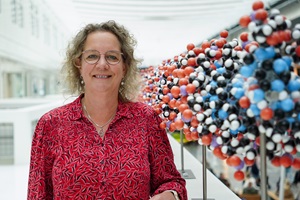
- Mehrnoush Aghadavoud Jolfaei Bsc Research technician.
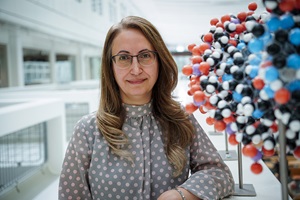
- Ilse Wallaard Bsc Research technician.
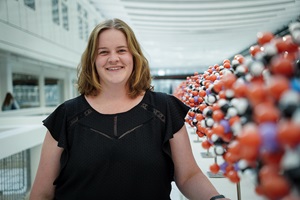
- Roos Monshouwer Bsc Research technician.
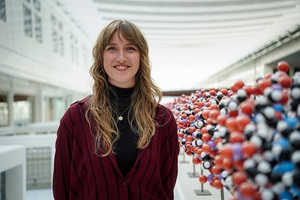
- Rick Janssens Bsc Research technician.
